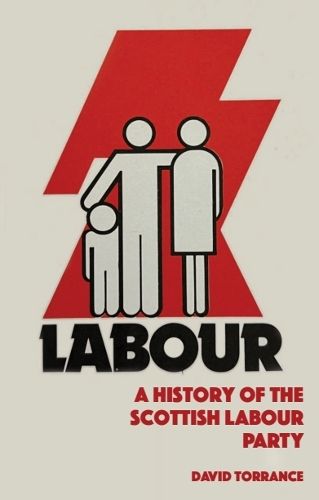Readings Newsletter
Become a Readings Member to make your shopping experience even easier.
Sign in or sign up for free!
You’re not far away from qualifying for FREE standard shipping within Australia
You’ve qualified for FREE standard shipping within Australia
The cart is loading…






The Scottish Labour Party or rather the Labour Party in Scotland was the dominant political party in Scotland from the 1950s until the early twenty-first century. It won the largest share of the vote at every UK general election between 1964 and 2010. While its electoral fortunes declined with the rise of the Scottish National Party during the 2000s, the Party has remained a significant force in Scottish politics.
This book provides an overview of the early decades of Scottish Labour politics, studying the party's origins in late nineteenth-century working class politics and trade unionism. It also traces the party's organisation, ideology, personnel and electoral performance over the past century. The book also analyses the party's often surprisingly limited membership, its links with trade unions and the role of women's organisations.
$9.00 standard shipping within Australia
FREE standard shipping within Australia for orders over $100.00
Express & International shipping calculated at checkout
Stock availability can be subject to change without notice. We recommend calling the shop or contacting our online team to check availability of low stock items. Please see our Shopping Online page for more details.
The Scottish Labour Party or rather the Labour Party in Scotland was the dominant political party in Scotland from the 1950s until the early twenty-first century. It won the largest share of the vote at every UK general election between 1964 and 2010. While its electoral fortunes declined with the rise of the Scottish National Party during the 2000s, the Party has remained a significant force in Scottish politics.
This book provides an overview of the early decades of Scottish Labour politics, studying the party's origins in late nineteenth-century working class politics and trade unionism. It also traces the party's organisation, ideology, personnel and electoral performance over the past century. The book also analyses the party's often surprisingly limited membership, its links with trade unions and the role of women's organisations.